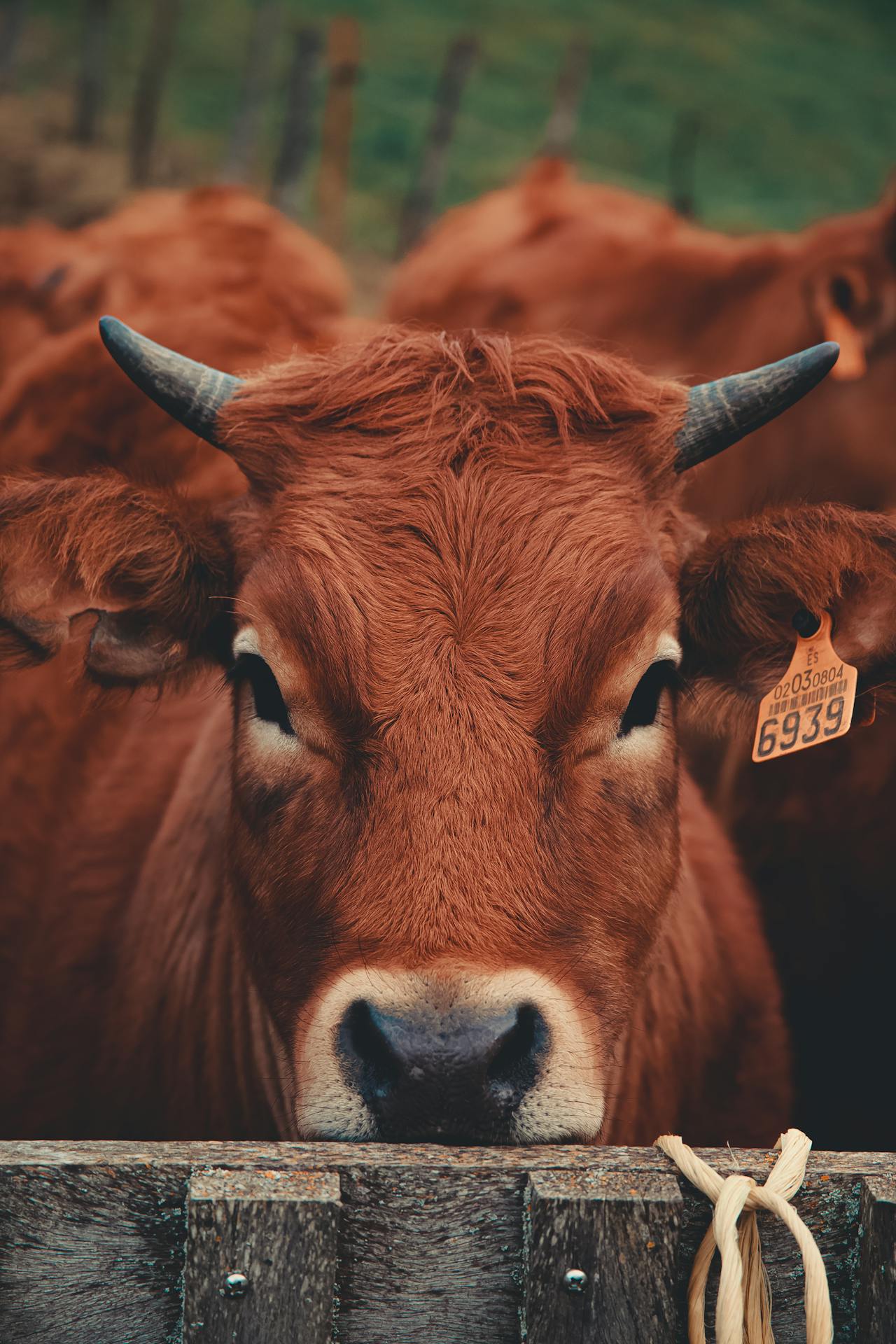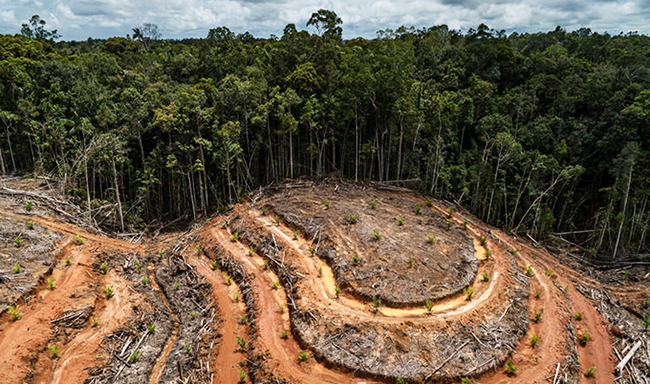According to new research published in Communications Earth & Environment, healthy forests in the Amazon are not just good for the planet—they could also help protect people from serious, chronic diseases, including heart disease, the leading cause of death worldwide.
The study examined 20 years of health data from municipalities in eight Amazon countries, analyzing 27 health issues ranging from fire-related diseases to zoonotic illnesses. The findings? When land is managed by Indigenous Peoples, the risk of these health problems is significantly lower.
Agricultural deforestation, however, driven largely by industries like beef and soy (most of the latter used as feed for farmed animals), has the opposite effect.
 Pexels
Pexels
How deforestation harms human health
“The study comes just as forest fire season arrives in Amazon countries,” Ana Filipa Palmeirim, visiting professor, Federal University of Pará, and co-first author of the study, said in a statement. “These fires fill the air with thick, choking smoke, sending droves to the hospital for respiratory ailments.”
“As daily life comes to a complete standstill, children and the elderly must stay home to avoid hospital visits,” she continues. “Even when fires take place in remote forest areas, winds spread the pollution far and wide, creating deadly public health emergencies.”
Exposure to forest fires increases the risk of many life-threatening illnesses, including heart disease, stroke, and lung cancer. Research suggests that in the Brazilian Amazon, forest fires caused more than 2,900 premature deaths from cardiopulmonary disease and lung cancer between 2002 and 2011.
Deforestation also raises the risk of zoonotic and insect-borne diseases, such as malaria and Chagas disease. “Ensuring Indigenous communities have strong rights over their lands is the best way to keep forests and their health benefits intact,” said Paula Prist, Senior Programme Coordinator of the Forests and Grasslands Programme at the International Union for Conservation of Nature (IUCN).
 Greenpeace
Greenpeace
BECOME A VEGNEWS VIP: Get exclusive product deals, freebies, and perks galore!
Beef and deforestation in the Amazon
The beef industry is a leading driver of Amazon deforestation. In fact, research by Global Forest Watch shows that beef production causes five times more deforestation than any other industry.
This not only threatens the health of nearby communities but also the health of the planet. Between 2015 and 2017, tropical forest loss worldwide contributed about 4.8 billion tons of carbon dioxide emissions, fueling global warming and increasing the likelihood of extreme weather events such as floods and drought.
The good news? Shifting to alternative proteins can help. In 2022, one study suggested that replacing just one-fifth of the world’s beef with fungi-based protein could cut deforestation in half.
For more plant-based stories like this, read:
JUMP TO ... Latest News | Recipes | Guides | Health | Subscribe









